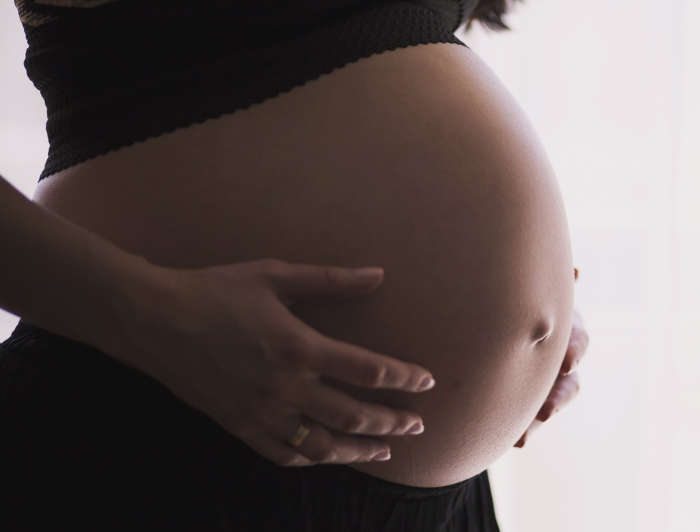New Delhi: Ensuring correct nutrition for pregnant women is important not only for a healthy pregnancy, but also to make sure that the mother continues to remain strong throughout her gestation period and after.
Given the changes the body undergoes during pregnancy, women need to add 300 extra calories to their diet, after the first trimester. But those calories must be healthy and balanced, and rich in nutrients. Rohit Shelatkar, Vice President at Vitabiotics Limited, suggests must-include nutrients in the diet for the period.
Zinc: Zinc is essential for hormone production and balance, and its deficiency can lead to an excess of copper in the body. This can severely impact fertility, by lowering progesterone levels. Vegetarian and vegan diets are generally low in protein, which is necessary for zinc to bind with. Hence vegetarian and vegans must ensure they have the necessary amount of zinc in their diet.
Folic Acid: Folic Acid is found in nuts, beans, citrus fruits, leafy vegetables, fortified breakfast cereals, and specific vitamin supplements. All women of childbearing age require 400 micrograms (0.4 mg) of folic acid every day. It helps reduce risk of birth defects of the brain and spinal cord, and is extremely essential during the first 28 days of conception, when of neural tube defects are the highest.
Iron: Having a healthy iron intake helps build iron stores in the body to prepare it for the needs of the during the pregnancy. Meats, poultry, fish, legumes and leafy green vegetables are rich in iron, and must be included in a pre-pregnancy diet.
Vitamin B12: Vitamin B12 is extremely important in preventing neural tube and other neurological defects in infants. It is recommended that pregnant women have up to 2.8 micrograms (mcg) of B12 per day. Good sources of this vitamin are fish, meat, poultry, eggs and other dairy products. Additionally, including a Vitamin B-12 supplement in your diet is also beneficial.
Post-pregnancy:
During the post-pregnancy period, the nutritional needs of a mother are especially higher if she is breastfeeding. But a healthy, -rich, balanced diet is always a must, to help the mother regain her health and combat post-pregnancy pressures.
Foods rich in calcium should be consumed in healthy quantities. These may include milk, cheese and other dairy products, or tofu and soy-based drinks, vegetables rich in calcium, such as broccoli, cabbage, and okra. In addition, foods rich in protein and iron are also required to help restore the body’s nutrients lost before and during the pregnancy.
In addition to that, during post-pregnancy, mothers must also consume foods rich in omega-3 fatty acids, as they are an excellent source of DHA (Docosahexaenoic acid) for the mother’s milk. While fish the best source of these nutrients, including salmon, mackerel, tuna, herring, and sardines, flaxseed, seeds, walnuts, and soybean oil also contain adequate amounts of omega-3

